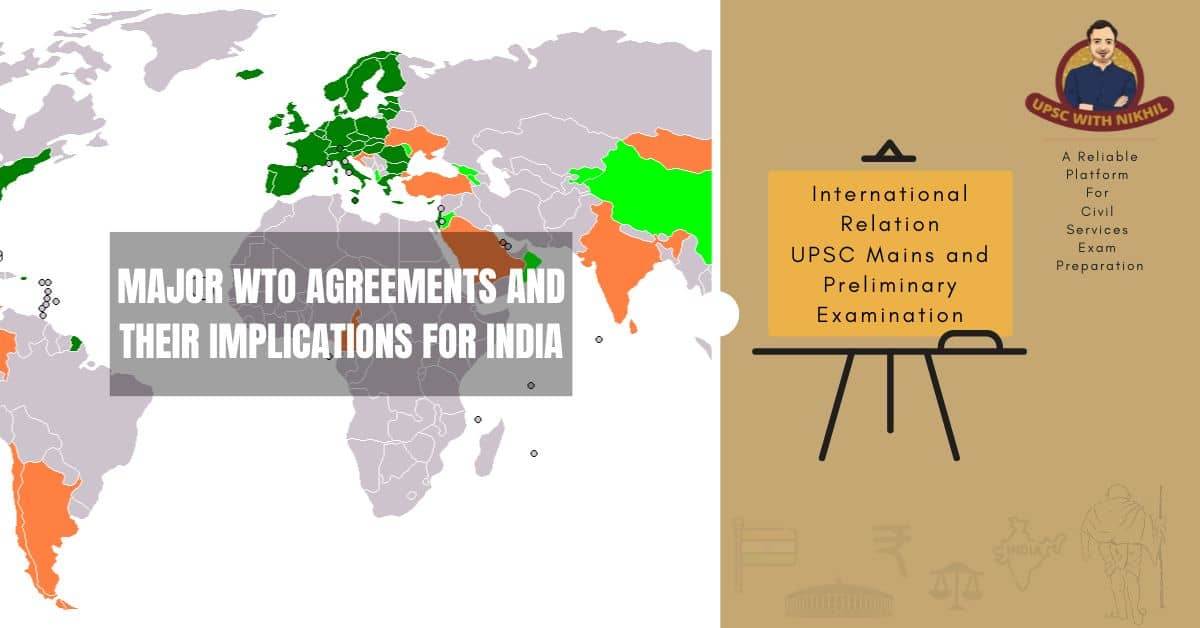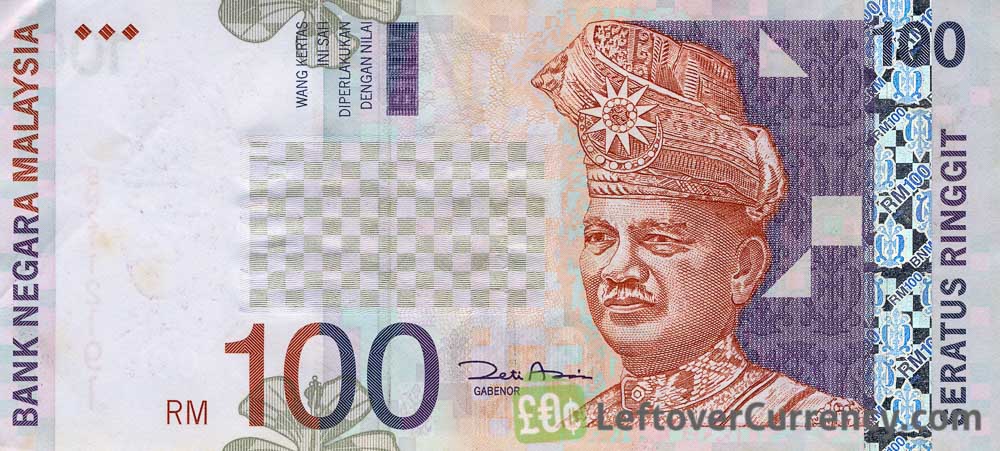The Privilege Paradox: Implications For WTO Membership

Table of Contents
Developed vs. Developing Nation Disparities
The most glaring manifestation of the “Privilege Paradox” lies in the vast disparities between developed and developing nations within the WTO framework. This inequality is fueled by persistent imbalances in trade practices and market access.
Trade Barriers and Non-Tariff Barriers
Developed nations frequently maintain higher trade barriers than those officially permitted for developing countries, creating an uneven playing field. While advocating for free trade, many developed nations utilize a range of tariff and non-tariff barriers to protect domestic industries.
- Examples of Non-Tariff Barriers: Stringent sanitary and phytosanitary regulations (SPS), complex technical barriers to trade (TBT), and opaque labeling requirements often disproportionately impact developing nations lacking the resources to comply.
- Trade Imbalances: Statistics consistently reveal a significant trade imbalance, with developing nations often facing difficulty exporting their products to developed country markets due to these barriers. For instance, agricultural products from developing countries frequently struggle to compete with heavily subsidized goods from developed nations.
- Special and Differential Treatment (S&DT): The WTO’s S&DT provisions are intended to provide developing countries with more flexible rules and longer transition periods. However, the effectiveness of S&DT is often debated, with critics arguing that it is insufficient to address the fundamental power imbalances.
Agricultural Subsidies and Market Access
Agricultural subsidies in developed countries inflict significant damage on developing nation farmers. These subsidies distort global agricultural markets, making it nearly impossible for developing country farmers to compete on price or volume.
- Examples of Subsidies and Effects: Direct payments to farmers, export subsidies, and price supports in developed nations lead to surplus production that is often dumped on international markets at artificially low prices, undercutting developing country producers.
- Market Share and Price Impacts: Data clearly shows a correlation between agricultural subsidies in developed countries and reduced market share and lower prices for developing country agricultural exports.
- Challenges in Negotiating Fair Access: Developing nations consistently face challenges in negotiating meaningful market access for their agricultural products in developed country markets, further exacerbating the “Privilege Paradox” in global trade.
Enforcement Mechanisms and Dispute Settlement
The WTO’s dispute settlement system, intended to ensure compliance with trade rules, also contributes to the “Privilege Paradox.” The system’s inherent power imbalances often favor wealthier nations.
Power Imbalances in Dispute Resolution
The WTO’s dispute settlement system often favors powerful nations with greater resources and legal expertise. This creates an uneven playing field, making it more difficult for developing nations to effectively challenge unfair trade practices.
- Examples of Power Imbalances: Numerous cases highlight how wealthier nations leverage their superior legal resources to influence dispute outcomes, even when the underlying trade practices are questionable.
- Statistics on Dispute Outcomes: Analysis of WTO dispute settlement statistics demonstrates a clear bias towards outcomes favorable to wealthier nations, reinforcing the "Privilege Paradox."
- Lobbying and Political Influence: The role of lobbying and political influence in shaping dispute outcomes cannot be ignored. Powerful nations often exert considerable influence on the process, further tilting the scales in their favor.
Implementation Challenges and Compliance
Developing nations frequently struggle to implement WTO agreements due to limited capacity and resources. This further widens the gap between developed and developing countries.
- Examples of Implementation Challenges: Lack of technical expertise, inadequate infrastructure, and insufficient financial resources hinder developing countries’ ability to fully implement WTO rules and regulations.
- Technical Assistance and Capacity Building: While the WTO provides some technical assistance and capacity building programs, these efforts often fall short of addressing the significant needs of developing nations.
The Role of Trade Agreements Beyond the WTO
Bilateral and plurilateral trade agreements, negotiated outside the WTO framework, can exacerbate the “Privilege Paradox” by creating even more imbalances.
- Examples of Exacerbating Agreements: Some bilateral agreements favor specific nations or groups of nations, creating further inequalities and undermining the multilateral trading system.
- Implications for WTO Effectiveness: The proliferation of these agreements can weaken the WTO's authority and effectiveness, hindering its ability to promote a fair and equitable global trading system.
Conclusion
The WTO system, while striving for a fair and balanced global trading system, often creates a “Privilege Paradox,” leading to unequal outcomes for member states. The disparities in trade barriers, dispute resolution, and implementation challenges reinforce this imbalance. Addressing the Privilege Paradox requires significant reforms.
To overcome the "Privilege Paradox in WTO Membership," we need:
- Improved dispute settlement mechanisms that prioritize fairness and equity, ensuring equal access to justice for all members.
- Increased technical assistance and capacity building programs tailored to the specific needs of developing nations to help them effectively implement WTO agreements.
- A renewed focus on multilateral negotiations within the WTO framework, emphasizing inclusivity and addressing the concerns of developing countries.
- Greater transparency and accountability in trade negotiations, reducing the influence of powerful nations and promoting a level playing field for all.
Further research and discussion on the implications of the “Privilege Paradox” are crucial for achieving a more just and equitable global trading system. Only through collaborative efforts can we hope to build a truly inclusive WTO, where the benefits of globalization are shared fairly among all its members.

Featured Posts
-
 Isabela Merced As Dina In The Last Of Us Season 2 Character Explained
May 07, 2025
Isabela Merced As Dina In The Last Of Us Season 2 Character Explained
May 07, 2025 -
 Ayesha Curry On Family Dynamics Marriage Before Kids
May 07, 2025
Ayesha Curry On Family Dynamics Marriage Before Kids
May 07, 2025 -
 Jenna Ortega Et Lady Gaga Un Duo Improbable Sur Le Tournage De Mercredi
May 07, 2025
Jenna Ortega Et Lady Gaga Un Duo Improbable Sur Le Tournage De Mercredi
May 07, 2025 -
 The White Lotus Season 3 Identifying The Voice Actor For Kenny
May 07, 2025
The White Lotus Season 3 Identifying The Voice Actor For Kenny
May 07, 2025 -
 Malaysian Ringgit Myr Exchange Rate Front Loading Benefits For Exporters
May 07, 2025
Malaysian Ringgit Myr Exchange Rate Front Loading Benefits For Exporters
May 07, 2025
Latest Posts
-
 Comprehensive Ethereum Price Prediction 2024 And Beyond
May 08, 2025
Comprehensive Ethereum Price Prediction 2024 And Beyond
May 08, 2025 -
 Kripto Para Piyasasinda Kripto Lider In Yuekselisi Neden Bu Kadar Popueler
May 08, 2025
Kripto Para Piyasasinda Kripto Lider In Yuekselisi Neden Bu Kadar Popueler
May 08, 2025 -
 Kripto Lider Kripto Para Duenyasinda Yeni Bir Oyun Degistirici Mi
May 08, 2025
Kripto Lider Kripto Para Duenyasinda Yeni Bir Oyun Degistirici Mi
May 08, 2025 -
 Saturday Night Live The Night Counting Crows Changed Their Destiny
May 08, 2025
Saturday Night Live The Night Counting Crows Changed Their Destiny
May 08, 2025 -
 Oeluemden Sonra Kripto Para Erisimi Yasal Ve Pratik Coezuemler
May 08, 2025
Oeluemden Sonra Kripto Para Erisimi Yasal Ve Pratik Coezuemler
May 08, 2025
